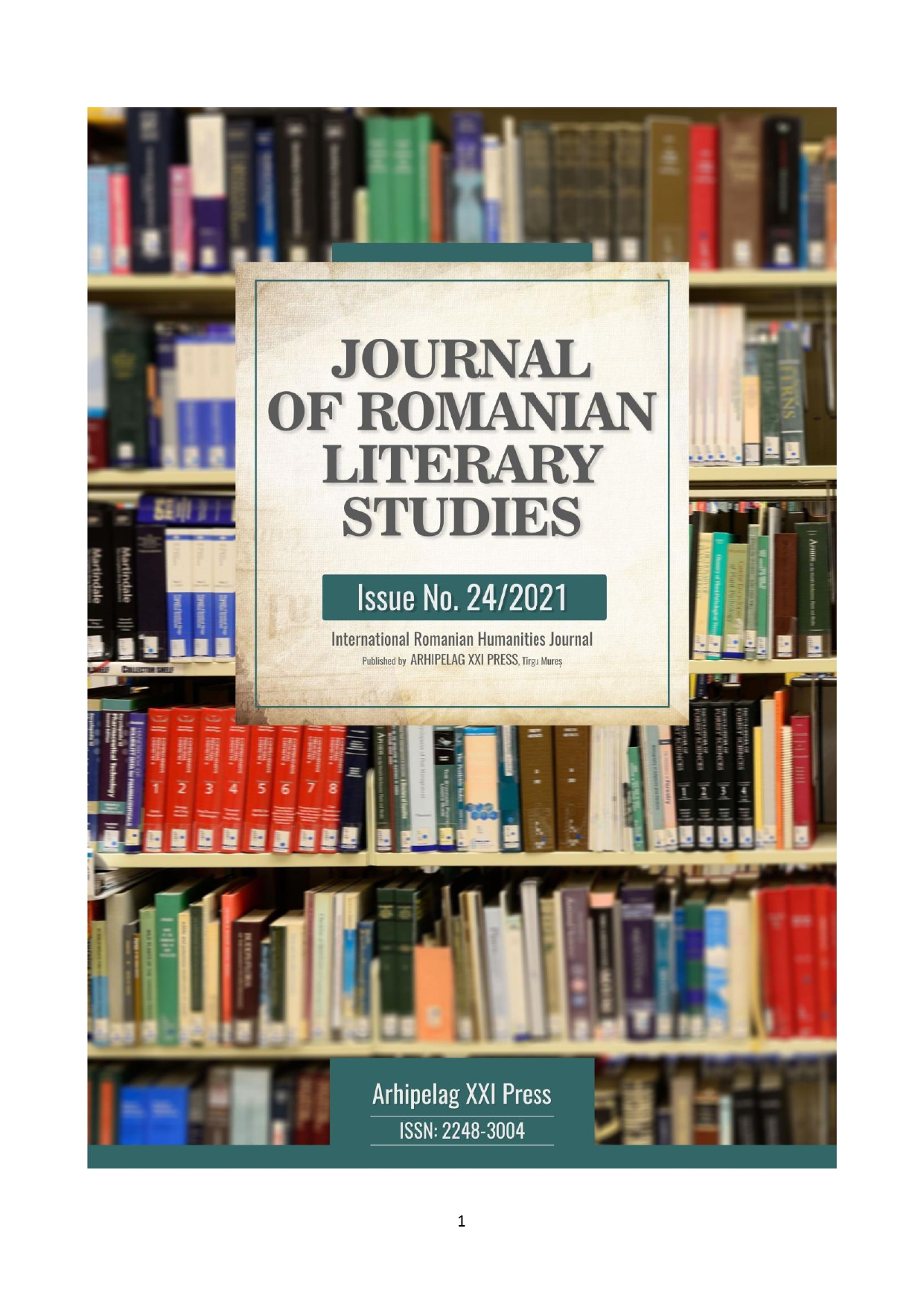CHILDHOOD AND ADOLESCENCE IN THE DISINHERITED BY BENITO PÉREZ GALDÓS
CHILDHOOD AND ADOLESCENCE IN THE DISINHERITED BY BENITO PÉREZ GALDÓS
Author(s): Lavinia SimilaruSubject(s): Novel, Other Language Literature, Philology, Theory of Literature
Published by: Editura Arhipelag XXI
Keywords: Benito Pérez Galdós; naturalism; The Disinherited; childhood; adolescence;
Summary/Abstract: The Disinherited is considered by the critics as the most naturalistic of Galdós’s literary works. In the novel, the writer poses questions about the issue of difficult childhood and its consequences, with the bitterness specific to Zola and his disciples. In the 19th century, there were many children forced to live by themselves or subjected to physical abuse. This unhappy childhood is what later on determines the existence of those children. Isidora and Mariano Rufete are two orphaned brothers, who live separately, raised by different relatives after the death of their parents. These circumstances determine their destinies. Mariano has friends from the lower social classes and learns to behave like them. Moreover, he suffers abuses from his aunt, who takes advantage of the boy’s contempt for study and sends him to work in a rope factory. Because of the violent aunt, Mariano learns to interact with the others through violence, finally getting to kill a playmate. He does not spend much time in prison; however, he is unable to straighten out his life. In the novel, although few, there are also serene children, loved by their parents, children who have toys, who goof around and do not stress about earning a living.
Journal: Journal of Romanian Literary Studies
- Issue Year: 2021
- Issue No: 24
- Page Range: 377-384
- Page Count: 8
- Language: Spanish

